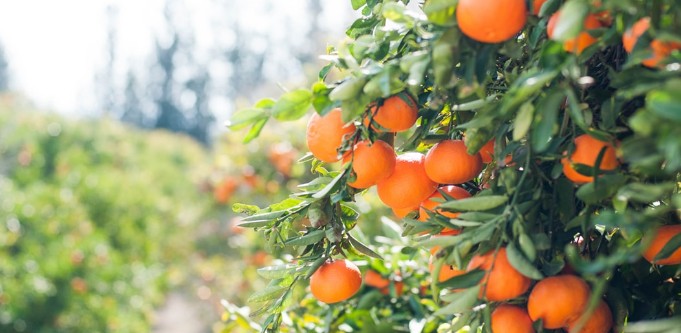
In an article for Quartz at Work, EY’s Carrie Hall writes: “At a time when gender parity remains elusive at all levels of business management, family firms are especially compelling options for women who aspire to lead.”
Referring to the EY global family survey, Hall continues: “The world’s largest, longest-lasting family businesses are advancing women, including non-family members, further and faster than their non-family counterparts.”
This is a bold statement, given women make up at least 40% of the workforce in 80 countries, and remain greatly underrepresented in leadership roles. But the facts back it up.
When the 525 largest family businesses were surveyed, it was found:
- 30% are strongly considering a woman as the next chief executive officer (compared to 4% globally, 5% of Fortune 500 in 2018, and 17% in Australia);
- On average, top management teams are 22% women (compared to 13% globally); and
- Board membership is 16% women, on average (compared to 13% globally).
A mutual attraction
“With greater numbers of women in leadership roles, the world’s largest, most profitable family businesses are thriving”, Hall explains.
The reasons identified for this, are linked to the way women lead, as they create:
- A longer-term approach to management (sustainability over short-term gains);
- A more inclusive environment (focus on people, and relationships in addition to profits); and
- Broader goals and purposes (which keep family members and employees engaged).
It is a self-reinforcing activity: as family businesses provide women with the opportunity to develop and expand their leadership talent, the business develops and expands its horizons.
Meet two champions of female leadership
Fiona Simson is a farmer from the Liverpool Plains in NSW where she, husband Ed and family run a mixed farming enterprise.
The family farm, which began as a sheep property 90 years ago, is now a successful business with a turnover of more than $5 million a year.
Named as one of Australia’s most influential entrepreneurs, Fiona led from the front when she became the first woman president of the NSW Farmers’ Association, and in 2016, after a four-year term, she went on to be elected first female president of the National Farmers’ Federation.
Her advice for bridging difficult divides is: “My style is about collaboration and building relationships with people … I focus on what we have in common rather than what we don’t.”
Vanessa Katsanevakis is a director of Sussex Taps in Somerton in Victoria, where she and husband George run a second-generation, high-end tapware manufacturer.
Vanessa took over the family business, while she was in her twenties after her father passed away. Vanessa has since guided the business through a period of exponential growth. Sussex Taps now has the distinction of being the only Australian tap manufacturer that controls the process from start to finish.
In 2018, in recognition of young outstanding individuals in the Victorian manufacturing sector (aged 35 or younger), Vanessa was awarded The Young Manufacturer of the Year award.
When asked if she would recommend a career in manufacturing to other young women, she said: “The doors are wide open to men and women alike and more than ever are women making their mark. I feel that as a female leader I can add a different angle to a manufacturing business.”
NOW READ: Networking is key to better funding outcomes for female entrepreneurs
NOW READ: Thirteen inspiring women in Australian startups and small business


COMMENTS
SmartCompany is committed to hosting lively discussions. Help us keep the conversation useful, interesting and welcoming. We aim to publish comments quickly in the interest of promoting robust conversation, but we’re a small team and we deploy filters to protect against legal risk. Occasionally your comment may be held up while it is being reviewed, but we’re working as fast as we can to keep the conversation rolling.
The SmartCompany comment section is members-only content. Please subscribe to leave a comment.
The SmartCompany comment section is members-only content. Please login to leave a comment.